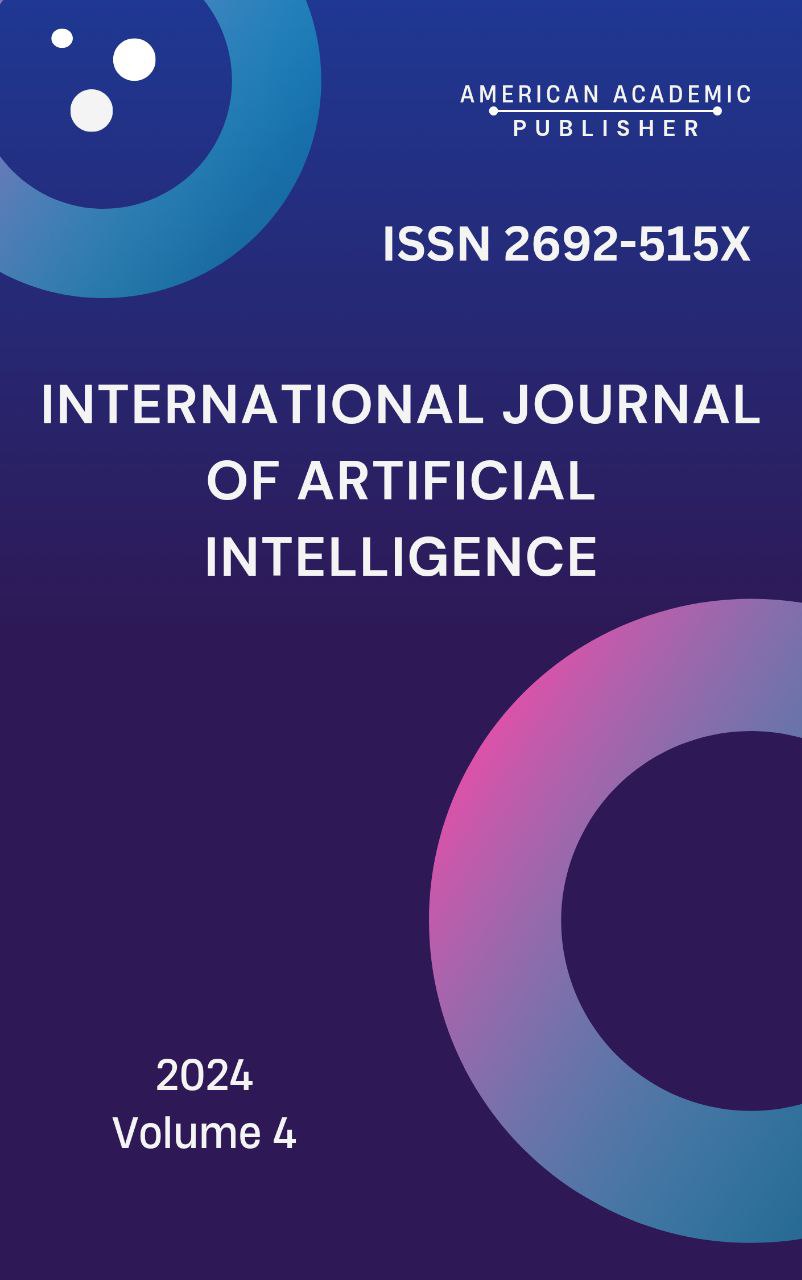 Articles
| Open Access |
Articles
| Open Access | PEDAGOGICAL CONDITIONS FOR THE FORMATION OF INCLUSIVE EDUCATION
Saidova Nodira Bahodir qizi , PhD student of National University of Uzbekistan named after Mirzo Ulugbek, Faculty of Social SciencesAbstract
Inclusive education goes beyond physical accessibility. It recognizes that people have different learning styles, abilities, interests and cultural backgrounds. These changes, in turn, required changes in the activities of special teachers, transformation of their functional responsibilities and, accordingly, a revision of the list of necessary professionally significant and personal qualities. This article shows that by now the general and methodological issues of training special teachers to work with children with disabilities abroad have been studied quite well. By adapting teaching methods and curriculum to account for these differences, educators can ensure that every student can actively participate in the learning process.
Keywords
Special teachers, methodological approaches, methodological theories, professional competence, inclusive education
References
Campbell, J. (2017). Middle school students’ response to the self-introduction of a student with autism effects of perceived similarity, prior awareness, and educational message. Remedial and Special Education, 163-173.
Gall, G., & Gall, J. P. & Borg (2010). Educational research: An Introduction. New Jersey: Pearson Publishing, 9-13
Goodman, J. I., Hazelkorn, M., Bucholz, J. L., Duffy, M. L., & Kitta, Y. (2017). Inclusion and graduation rates: What are the outcomes?. Journal of Disability Policy Studies, 241-252.
Dieker, L. A., & Murawski, W. W. (2016). Co-teaching at the secondary level: Unique issues, current trends, and suggestions for success. The High School Journal, 1-13.
Article Statistics
Downloads
Copyright License

This work is licensed under a Creative Commons Attribution 4.0 International License.

